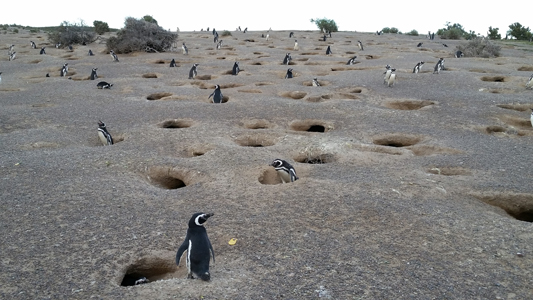Site fidelity as a maladaptive behavior in the Anthropocene
Authors: Jerod A Merkle, Briana Abrahms, Jonathan B Armstrong, Hall Sawyer, Daniel P Costa, Anna D ChalfounJournal: Frontiers in Ecology and the EnvironmentDOI: 10.1002/fee.2456 Site fidelity, or the behavior of returning to previously visited locations, has been observed across taxa and ecosystems…
Site fidelity as a maladaptive behavior in the Anthropocene Read More »

